Congratulations, you’ve got a baby! This precious time, also called the 4th trimester, describes the postpartum period starting from the day your baby was born until he or she turns 3 months old.

Postnatal appointments at Nest Medical
Our commitment to you
After your baby is born, you can continue to see our midwives as often as you need to for the first 6 weeks. These appointments are all bulk billed and can either take place at home or at Nest Medical. All women are offered 2 postnatal home visits with a Nest Medical midwife, private patients are entitled to unlimited weekly postnatal home visits as long as they live in our catchment area.
Between 6-8 weeks we book mum and baby in with one of our midwives and GP obstetricians for a postnatal check. At this check, the baby is given their first vaccinations.
After this 6-8 week check we return you to the care of your GP or if you don’t have a GP then you can continue to come to our practice and see our GP or our paediatric nurse.
For a complete list of childhood immunisations, please check the WA Immunisation Schedule.
4th trimester
Ask questions, address concerns
The postnatal period is extremely important as it affects how well you adjust to parenthood and how well you recover after pregnancy and birth.
“Newborn babies don’t come with an instruction manual and a lot of new parents are left floundering if they don’t have adequate support around them including good postnatal care.”
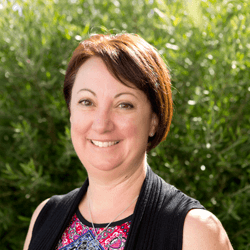
Kim Hanly
Midwife at Nest Medical in Mandurah
That’s why we offer follow-ups with our midwives and lactation consultants.
Personalised care at Nest Medical
After discharge from the hospital a lot of women find it beneficial to have a debrief appointment with one of our midwives.
This allows you to reflect on the birth experience and is an opportunity to address concerns about your own health or, your baby’s health. It is also a good time to ask questions. There’s no such thing as a stupid question and it’s ok to ask for help when you need it.
“We will weigh your baby which is always an exciting moment. Any questions or concerns about feeding and settling your baby will be addressed. “
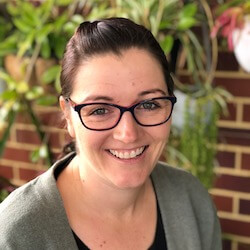
Martine Lee
Midwife at Nest Medical in Mandurah
If you are having issues with breastfeeding then we encourage you to book in with our lactation consultant. While 90% of women commence breastfeeding while in hospital, only ⅓ are still exclusively breastfeeding at 3 months.
“During a lactation consult, I will watch you feed your baby and discuss your concerns. I will check for tongue ties and come up with a breastfeeding plan to try and address whatever the concerns are. A lot of women will have weekly lactation follow-up appointments until they feel breastfeeding is back on track.”
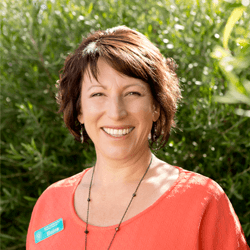
Elaine Daniels
Lactation consultant and midwife at Nest Medical in Mandurah
Breastfeeding is natural but not always easy and it is a skill that needs to be learnt rather than just coming naturally – a bit like riding a bike.
As humans we produce breast milk that is perfectly suited for our newborn baby and offers everything a baby needs to grow and thrive but feeding this breast milk to our baby is sometimes challenging.
The breastfeeding workshop is an essential first step on your breastfeeding journey as you will take away from this workshop lots of tips and tricks as well as a wealth of information on normal newborn feeding and sleeping behaviour.
After your baby is born, our lactation consultant Elaine Daniels is available for ongoing support and advice if you need assistance with feeding. This support is offered whether you are breast or bottle feeding. Sometimes babies develop dietary intolerances, reflux, have a tongue tie or just aren’t gaining weight as well as we would like and Elaine can assist you with any of these issues plus many more.
Elaine has the support of the doctors at Nest Medical if more complicated situations arise that need medical intervention. The main reason new mums stop breastfeeding is because they think they don’t have enough breast milk even when this is not the case – having ongoing support from a lactation consultant after your baby is born can help reduce this worry as well as many other normal, new mum anxieties.
Postnatal physiotherapy can start in the first few weeks after either a vaginal or a caesarean birth. Research is showing that your postnatal recovery is still occurring between 6 – 12 months after the birth, or longer. This means that you can benefit from postnatal physiotherapy 1 year, 2 years, 5 or more years after pregnancy and birth if your abdominals are still weakened and stretched, or you have any pelvic floor issues.
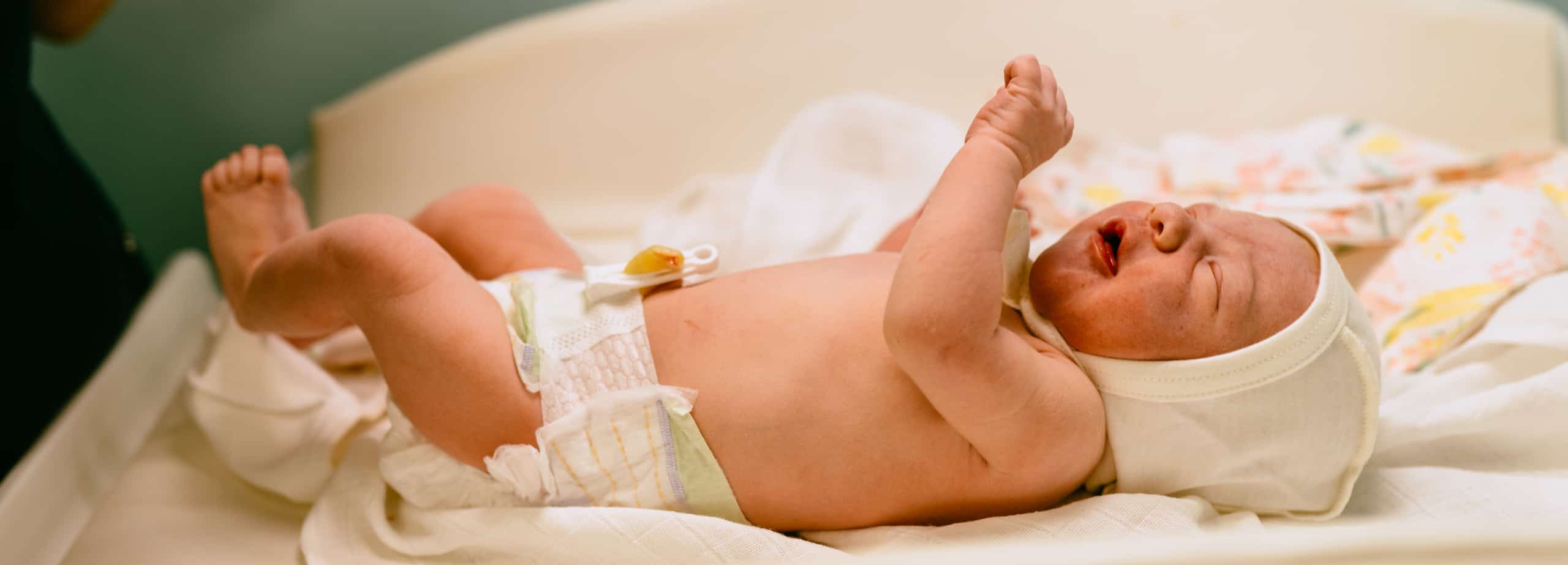
Recovery after birth
How can I prepare for optimal postnatal recovery?
Lots of women in preconception, nurture their bodies to prepare for pregnancy. They manage their sleep and stress levels, make sure they move enough, they eat well and often take prenatal vitamins.
During pregnancy, they attend antenatal visits with our midwives or GP obstetrician to stay on top of their health and that of their developing baby.
Then, they give birth, and their baby becomes the main focus. Self-care and recovery tend to take a backseat. Sounds familiar?

Laura Smithwick
Midwife at Nest Medical in Mandurah
So when you are reading this during pregnancy, you can prepare yourself for the postnatal period. The better prepared your body is physically for labour and birth, the better your recovery usually is.
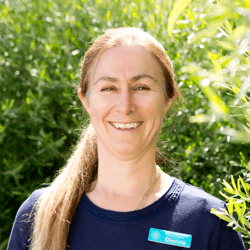
Dianne Edmonds
Physiotherapist at Nest Medical in Mandurah
Adequate rest and good nutrition are also very important towards the end of pregnancy to ensure you go into labour, birth and the postnatal period feeling as healthy as possible.
After the birth, returning to pelvic floor and abdominal bracing exercises as soon as you feel comfortable to do so, eating well, resting often and seeking help as soon as you need it are all very important.
“You need to feel that it is ok to ask for help from others even if it is to do the routine things like cooking a meal and hanging out the washing.”

Christine Coleman
Psychologist at Nest Medical in Mandurah
Women shouldn’t feel that they have to be super mum and care for their baby plus do everything else that society expects of them. Having lots of help and support is very important in the early weeks after having a baby.